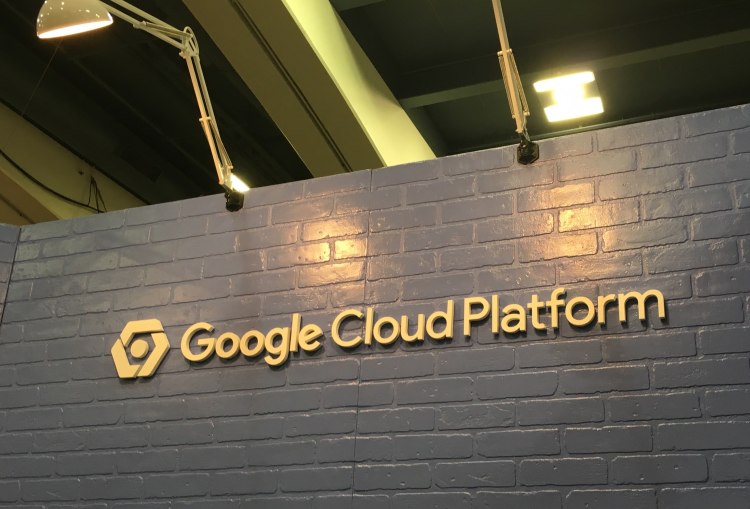Google has added a new zone to its Cloud Platform infrastructure business with the opening of the Asia-Northeast1 region in Tokyo.
This takes the total number of Google Cloud Platform regions around the world to six, adding to the three existing ones in the U.S., one in Belgium, and one in Taiwan.
Local infrastructure means Google can offer businesses in the area lower latency and overall better performance in terms of data-transfer speeds. According to Google, during the beta phase customers across Japan saw up to 85 percent lower latency compared to when they were linked to the Taiwan region.
The Tokyo Cloud Region supports Google Compute Engine, Google Cloud Storage, Google Cloud Persistent Disk, Google App Engine Standard Environment, Google Container Engine, database and analytics services, and core networking and security services, including Cloud VPN and Google Cloud DNS.
Google has been striving to tackle the mighty Amazon Web Services (AWS) since it launched the Google Compute Engine infrastructure as a service way back in 2012, and the internet giant has been ramping up its cloud presence in recent times. Back in March, Google announced two new Cloud Platform zones — one for Oregon, which opened in July, and one for Tokyo.
The company has also previously announced that it planned to open many more throughout 2017, with at least eight more to come, including London (U.K.), Sydney (Australia), Frankfurt (Germany), Mumbai (India), Sao Paulo (Brazil), Singapore, Hamina (Finland), and Northern Virginia (U.S.).
Google has also been investing heavily in its global network infrastructure. A new Google-backed transpacific internet cable from Japan to Oregon opened for service on June 30, while Google and Facebook recently announced a partnership to connect Los Angeles and Hong Kong via a new undersea cable, which is expected to open for business in 2018.
Today’s launch comes a couple of months after Google announced a reorganization of its various cloud services under the umbrella Google Cloud brand, which now includes the Google Cloud Platform itself, Google Apps for Work, the enterprise versions of Android and Chrome OS, and application programming interfaces (APIs) for machine learning and enterprise mapping services.


